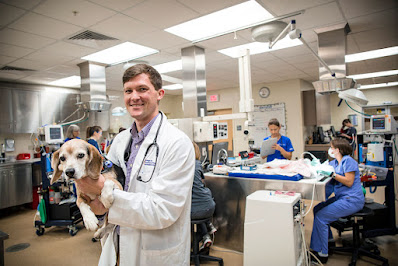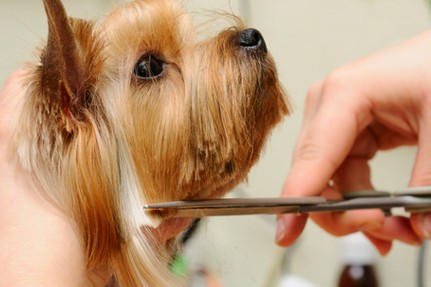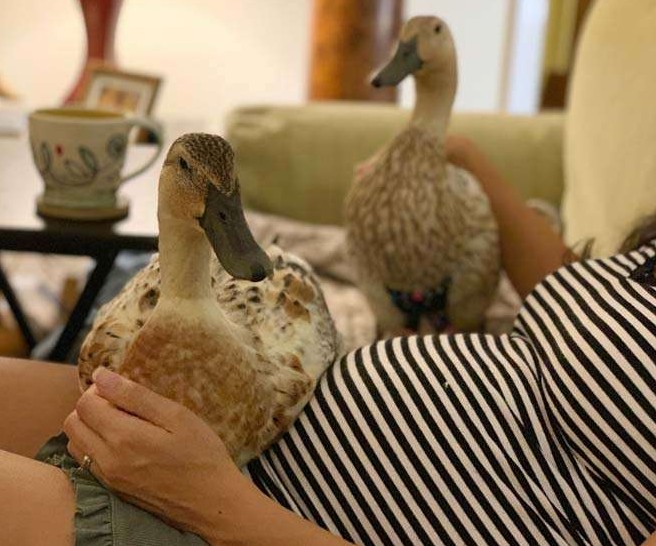From pet owners and farmers to animal welfare officials and veterinary workers - everyone is involved in caring for animals' health in various ways.
All of these individuals must be well-versed in the field of animal health in general and familiar with the particular health requirements of the animals they are responsible for.
First, study animal care and biology.
Why Do Sick Animals Need to Be Separated?
Keeping various animals apart in a veterinary facility is typically a good idea. As a result, inter-species disease transmission and inter-species conflict may be reduced. The easiest way to do this is to house various species in separate rooms (e.g., one room for dogs, one room for cats, and one or more rooms for other animals). Laminar flow cabinets and filtered or micro isolation cages may separate various species in the same space. Animals of the same species may have to be separated under certain circumstances (e.g., if they have been infected by different strains of the same or similar disease).
Illness caused by a contagious agent
It's possible to have two kinds of issues:
From one animal to another, a disease may spread.
A human may get infected if they come into contact with an infected animal.
This means that certain species may carry an illness that isn't dangerous for them but can be deadly if it is passed to another species and becomes infected.
Examples:
Usually, sh should keep healthy mice apart from the rats with Streptobacillus moniliformis.
Rabbits can get infected with illnesses that are fatal to other species, such as guinea pigs (i.e., Pasteurella multocida or Bordetella spp.).
Asian monkeys may become sick from African monkey illnesses such as epidermal monkeypox.
Stopping the Spread of Illness
The first step in preventing the spread of contagious illnesses is to isolate any affected animals (i.e., quarantine). Keeping animals segregated is necessary even if they are believed to be impacted.
Depending on the illness, there may be times when diseased animals need to be put down.
Getting rid of the trash
Dead or Infected Tissues must be disposed of.
Surgery and euthanasia leave behind dead tissue, an unavoidable concern for any veterinarian. A hygienic disposal method is required, and the legislation frequently regulates these processes.
Incineration may be the most incredible solution, but it may also be utilized for appropriate burial. A municipal contractor can pick up deceased animals and their tissues after hours from veterinary offices and dispose of them afterward. A pet cemetery is the last resting place for the dead (less often than cremation).
Non-Animal Wastes That Are Dangerous
A veterinarian must also dispose of other hazardous waste materials (e.g., chemicals, sharp objects). A "sharps container" is a plastic bucket with a cover typically used to dispose of this trash. After that, it's put to the flames.
Animal Care and Welfare
Often, what we anticipate isn't what we get. As time passes, most individuals begin deviating from their initial job ambitions. This is due to the following reasons:
Depending on how long it takes to acquire the necessary skills and experience, the job they had in mind when they started may no longer exist.
This shift in view occurs when individuals get more experience, learn, and more accurately understand the career they're interested in.
Chances that have been expected may not materialize, but new and better possibilities may come to light.
Priorities shift. Earning money may become less important or more important as a person progresses through their education and career.
Animal husbandry and veterinary science attract many individuals who are captivated by the biological sciences that underlie them, but this does not imply that they like working with animals in the wild.
Plans and Possibilities for Educational Growth
In practice, many graduates work in fields unrelated to their undergraduate majors, partly because the opportunities they expect do not materialize when or where they expect them to, but also because their interests and motivations change over time. This should not deter you from learning, but it is something to keep in mind when you lay out your course of study. You may find it more beneficial to take a broader-based course that teaches general skills in your field of interest rather than a more specialized one. Accreditation Council for School Leadership (ACS) offers a wide range of opportunities for students who want to specialize in certain areas, including core courses, electives, and specializations.
We'd love to hear from you if you're considering returning to school. We're here to help you with any questions and go through the many alternatives for training you have.


.jpg)






0 Comments